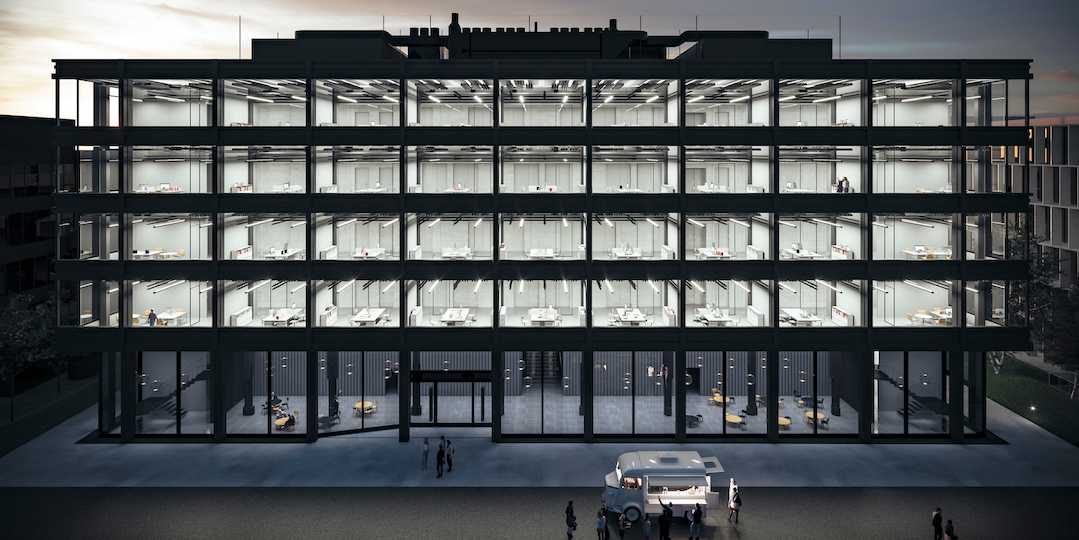Inflation pushes up cost of construction project
In a recent report, the Swiss Federal Audit Office (SFAO) criticised the additional costs incurred by the construction of the new HPQ physics building. ETH Zurich has responded.

A guaranteed credit line of CHF 339 million, approved by the federal government, is available for the construction of the building, which will enable the Department of Physics (D-PHYS) to expand its research and help shape the future of quantum physics. The current cost forecast is CHF 387 million. Professor Ueli Weidmann, Vice President for Infrastructure and Sustainability, notes: “The cost increase is primarily due to inflation, which we, like many others, faced in 2021/2022. Without this unforeseeable development, the original credit line would have been sufficient thanks to consistent project optimisation. Construction will be CHF 48 million more than expected, which is a reliable projection from today’s standpoint.”
Project decisions are different today
In its report, the SFAO identifies failures in connection with the project chosen. In the 2016 project competition, assessment criteria such as architectural and urban development aspects were weighted heavily. The jury opted for the project that incurred the highest construction and life cycle costs. Even when the project was first revised, it was clear that its complex functional requirements would lead to additional costs of 11 percent or CHF 32.5 million. Not enough attention was paid to how the building would be operated and what the follow-up costs would be. “From today's perspective, the SFAO's finding that the ETH failed to take cost-effectiveness sufficiently into account is entirely understandable. Today, ETH Zurich assigns a higher weighting to costs, functionality and cost-effectiveness in all of its construction projects,” says Weidmann.
Construction is now on track
The SFAO also notes in its report that D-PHYS on the Hönggerberg is teaching and conducting research in buildings on the Hönggerberg that will be in need of renovation in the next couple of years and that, more importantly, fail to meet current and future requirements. HPQ is needed due to current research requirements, the lack of space and the need to renovate existing buildings.
Construction began in the fourth quarter of 2022. The moving-in date is scheduled for the first quarter of 2030. The project is running about one-and-a-half years behind schedule, partly because of delays in the contract negotiations for the award of the civil engineering and construction work and because of unexpectedly unfavourable geological factors – a higher proportion of rock than expected.
Despite these challenges, construction is on track. The deepest point of the excavation pit will be reached in May 2025. This also mitigates the biggest risks relating to the subsoil and costs. Work on the structure will begin in May 2025.
Always up to date
Would you like to always receive the most important internal information and news from ETH Zurich? Then subscribe to the "internal news" newsletter and visit Staffnet, the information portal for ETH employees.
Comments
No comments yet